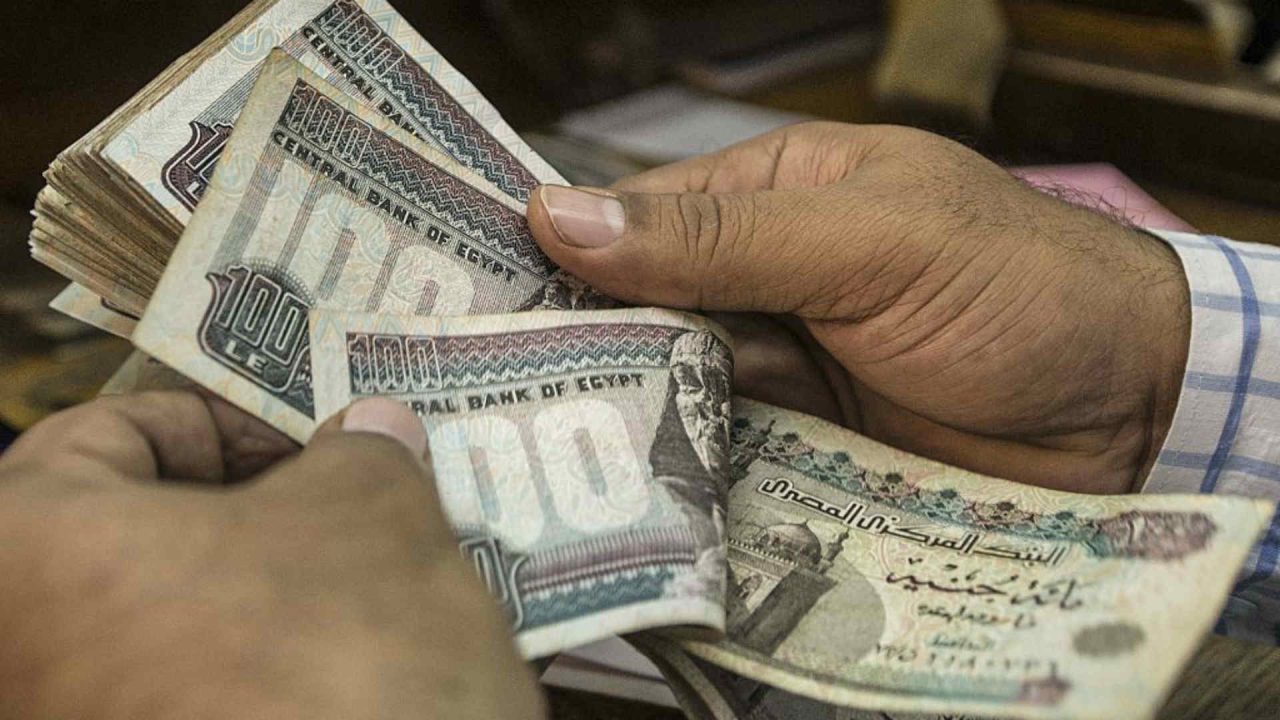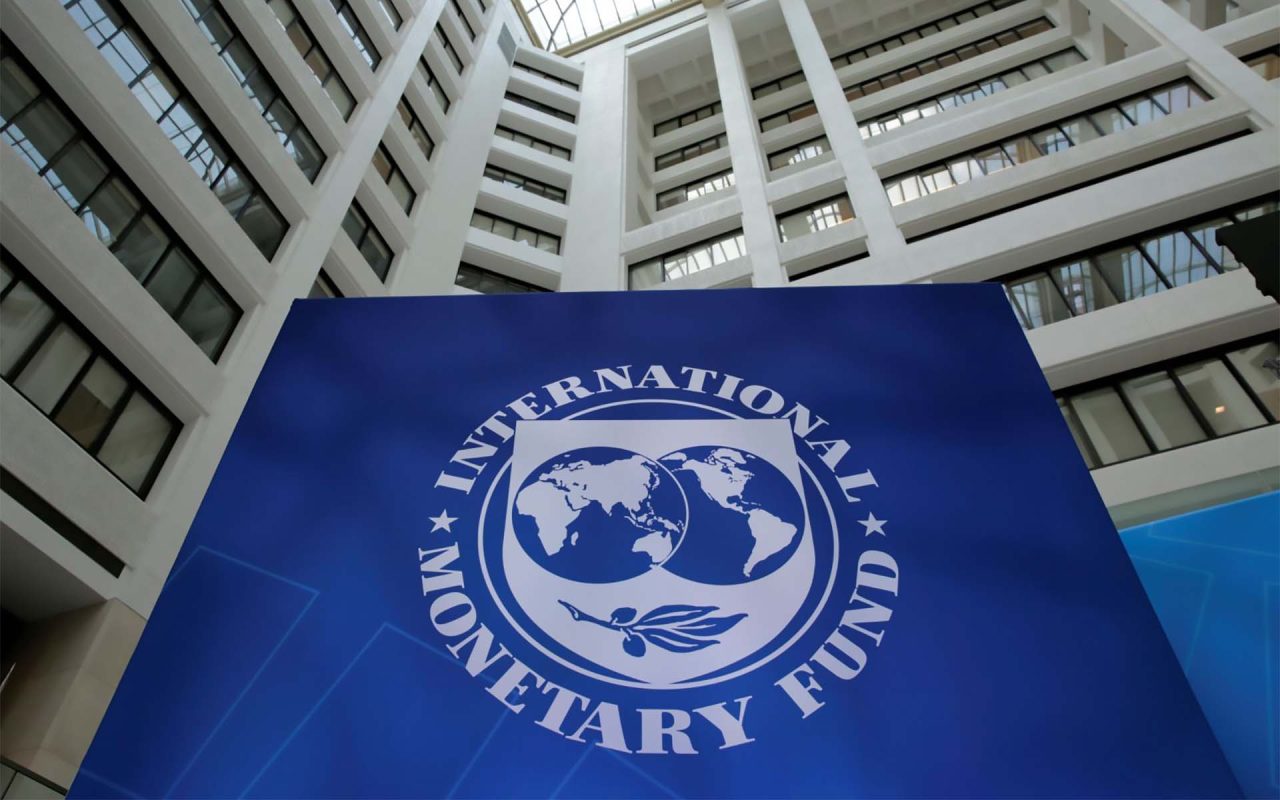The Egyptian pound faces a significant depreciation, reaching a record low against the US dollar, as per LSEG data. This article delves into the factors contributing to this decline and the measures taken by Egypt’s central bank to address the situation.
Central Bank’s Announcement

On Wednesday, Egypt’s central bank declared a significant policy shift, opting to let the market determine the exchange rate. This decision led to a rapid devaluation of the pound, losing over a third of its value within minutes.
Record Exchange Rate

By midday, the Egyptian pound hit a historic low of 49.15 pounds to the US dollar, marking a stark contrast to the previously stable official exchange rate hovering around 30.9 for over a year.
Market Forces and Monetary Policy

The central bank’s decision to embrace market forces in setting the exchange rate is a crucial step amid severe foreign currency shortages. Additionally, to curb inflation, the bank raised its key deposit rate substantially.
Economic Challenges and IMF Negotiations

Egypt grapples with rampant inflation, reaching nearly 40 percent last August, amid ongoing economic turmoil since early 2022. Talks with the International Monetary Fund (IMF) for a $3 billion loan facility hinge on economic reforms, including a flexible exchange rate and tighter monetary policy.
Impact on Citizens

While currency devaluations aim to stabilize the economy, concerns persist over the potential repercussions on Egyptian citizens, many of whom already struggle with poverty.
With repeated devaluations and the latest policy shift towards a flexible exchange rate, Egypt navigates through economic challenges, striving to balance stability and growth while addressing the needs of its populace.













